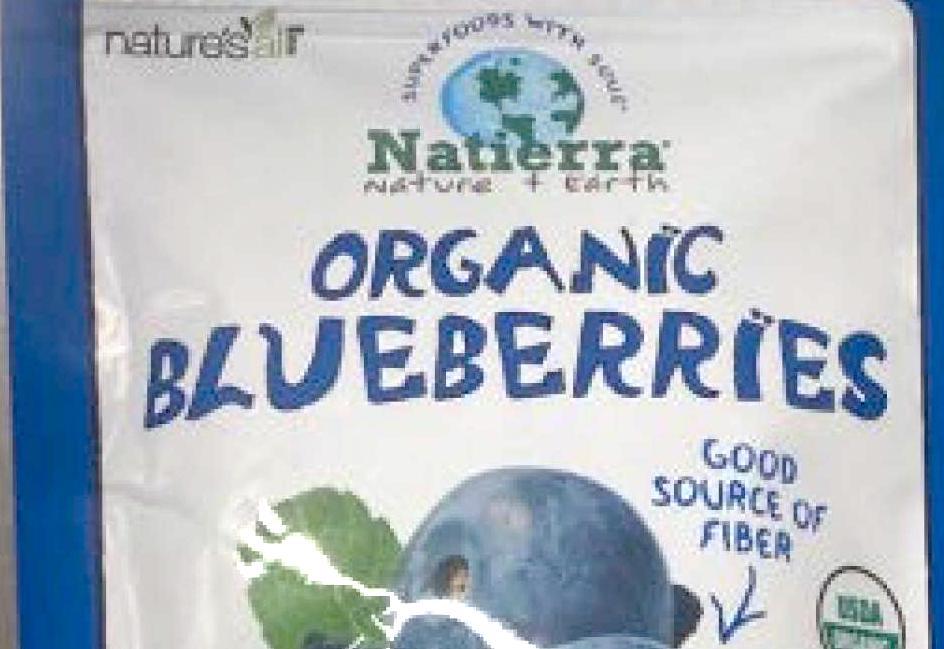BrandStorm Inc. has voluntary recalled two Natierra Organic Freeze-Dried Blueberries 1.2oz pouch products because they may contain lead.
The company announced the voluntary recall via the U.S. Centers for Disease Control (CDC) on July 14, saying that the products may contain lead above the FDA’s recommended limits.





